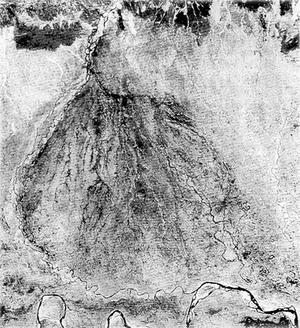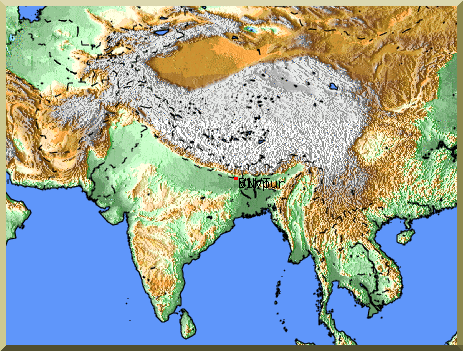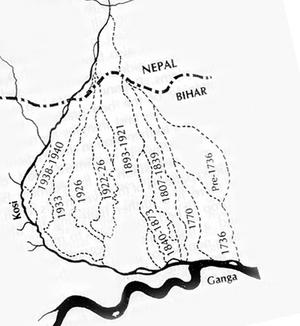|
FOUR WAYS OF EATING
In December 1993, I visited India on assignment
with the National Institute of Hydrology (NIH).
The assignment included a three-week stay in Patna, Bihar,
at NIH's Ganga Plains Regional Center.
While there, I visited
the Kosi project, in Eastern Bihar and neighboring Chatra, Nepal.
I was accompanied by three staff engineers from the center.
The trip to the Kosi river valley took our party to the town of Birpur,
where we settled down for lunch at a place conspicuously labeled "Hotel DeLuxe".
To my surprise, I noticed that there were no eating utensils, so I made a point of requesting them.
In the meantime, my companions proceeded to eat without the utensils.
Ten minutes later, I again requested the utensils. The person in charge told me very politely that he had sent somebody to look for them.
It took another ten minutes for them to produce the utensils; apparently, they had looked for them all over town.
I later realized that there are four ways of eating: (1) with
a knife and fork, as in most of
the Western world, (2) with chopsticks, as in Asian countries;
(3) with a tortilla or flatbread, as in some parts of
Mexico, the Arab world, and Africa, and (4) with the fingers,
as in many parts of India.
|

| |
Satellite image of the Kosi river valley.
|
|


